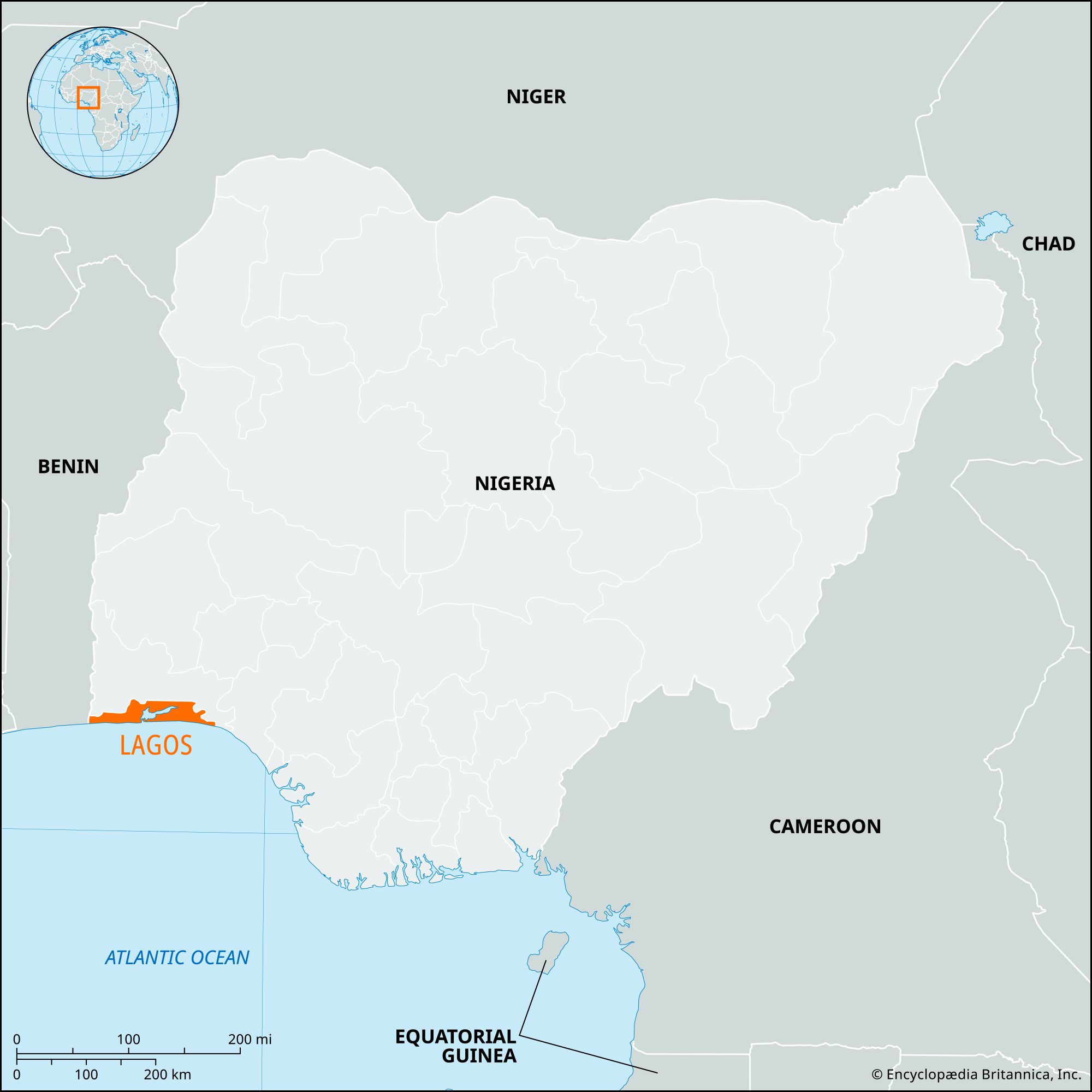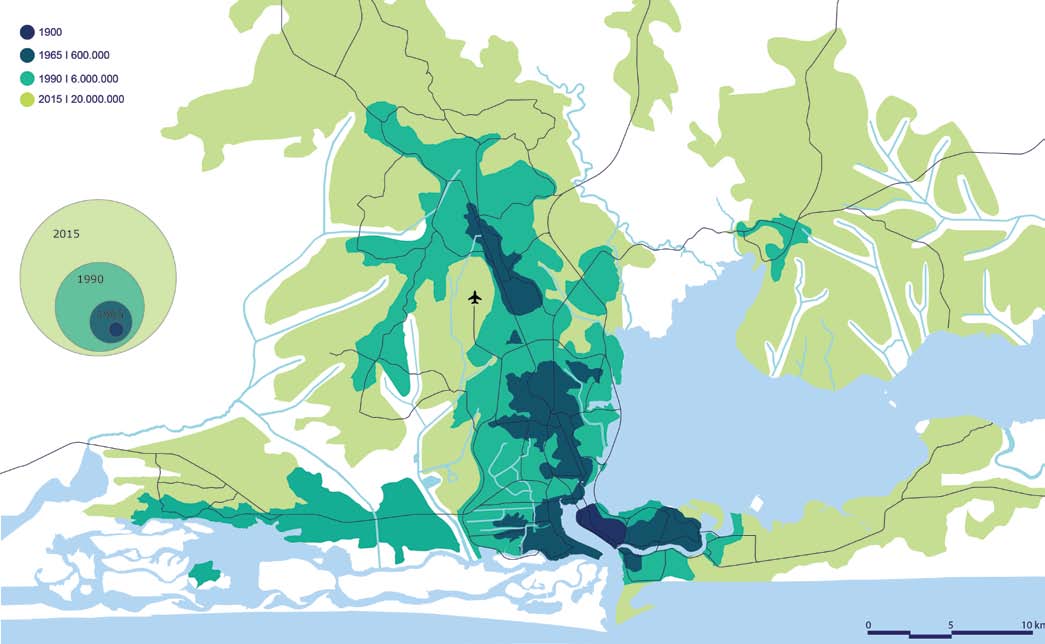Lagos State
States Jan 04, 2025

Table of Contents
The History of Lagos State, Nigeria
Lagos State, located in the southwestern geopolitical zone of Nigeria, is one of the most historically significant and economically vibrant regions in West Africa. Known as the “Center of Excellence,” Lagos has a fascinating history that dates back centuries. From its early days as a fishing and farming settlement to its evolution into a bustling megacity, Lagos plays a pivotal role in Nigeria’s past, present, and future.
Early History of Lagos

The area now known as Lagos was originally inhabited by the Awori subgroup of the Yoruba people. Oral history suggests the Awori migrated from Ile-Ife, the cradle of Yoruba civilization, and settled in the region. The name “Eko,” which Lagos is locally called, is thought to have been derived from the Yoruba word for “war camp” or “camp of warriors.”
In the 15th century, Lagos became a prominent settlement due to its strategic location along the coast. It was part of the Benin Kingdom, and during this time, it was referred to as “Eko” by the locals and as “Oko” by the Benin Empire. The Oba of Benin appointed rulers, known as Akarigbo or Oba, to oversee the territory.
Portuguese Influence and the Slave Trade Era
By the late 15th century, Portuguese explorers arrived in Lagos. They named it “Lagos,” which means “lakes” in Portuguese, due to the abundance of lagoons and waterways in the area. During this time, Lagos became a key hub in the transatlantic slave trade. Enslaved people were captured and transported from the hinterlands to be sold to European traders, creating a dark and significant chapter in the region’s history.
The slave trade continued until its abolition in the 19th century, after which Lagos transitioned to becoming a center of commerce and trade for liberated Africans and European merchants.
Colonial Era in Lagos
In 1851, Lagos was annexed by the British following a military expedition aimed at ending the slave trade. Ten years later, in 1861, Lagos officially became a British Crown Colony. This marked the beginning of significant urban development in the area. Roads, schools, and other infrastructure were built, laying the foundation for the city’s modern growth.
During British colonial rule, Lagos emerged as Nigeria’s commercial and administrative capital. It became a melting pot of cultures, attracting people from various ethnic groups within Nigeria and beyond.
Lagos at Independence and Beyond
When Nigeria gained independence from Britain in 1960, Lagos retained its position as the nation’s capital. It became the epicenter of political, economic, and social activities in the newly independent country. However, as the population grew and administrative demands increased, the federal capital was moved to Abuja in 1991 to ease congestion in Lagos.
Despite losing its status as the capital, Lagos remains Nigeria’s largest city and its economic powerhouse. It is home to the nation’s busiest ports, thriving industries, and a vibrant cultural scene.
Modern-Day Lagos
Today, Lagos State is a bustling metropolis with a population exceeding 20 million people, making it one of the fastest-growing cities in the world. It consists of several districts and local government areas, including the iconic Lagos Island, Ikeja (the state capital), and Lekki. The city is known for its resilience, innovation, and cultural diversity.
Lagos has also become a hub for technology, entertainment, and entrepreneurship. Nollywood, Nigeria’s film industry, thrives in Lagos, as does the country’s music industry, which has gained global recognition.
Conclusion
Lagos State, Nigeria, is a region steeped in history and culture. From its early beginnings as a fishing settlement to its rise as a global megacity, Lagos embodies the spirit of resilience and adaptability. Its rich historical narrative and dynamic present make it a vital part of Nigeria’s identity and heritage.
